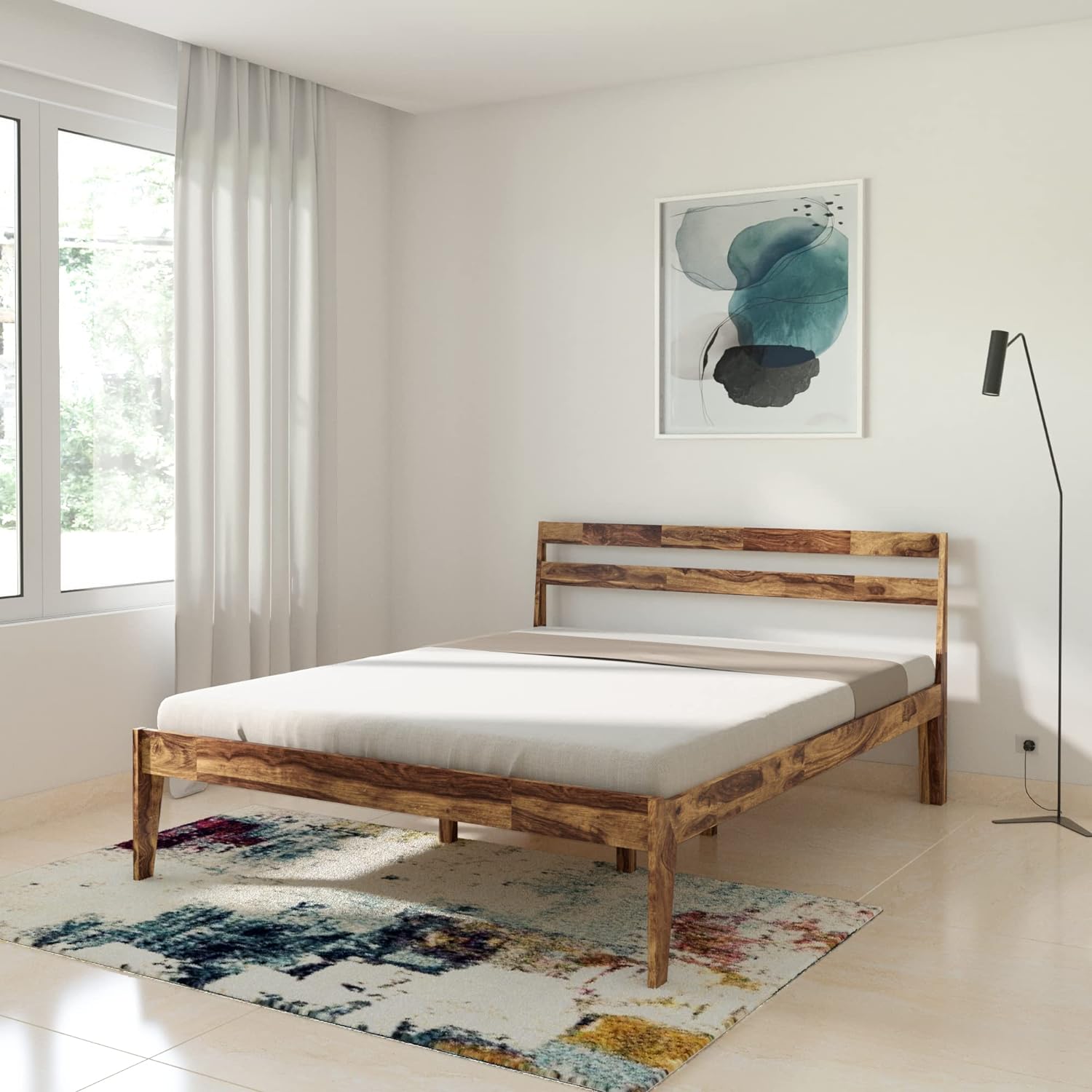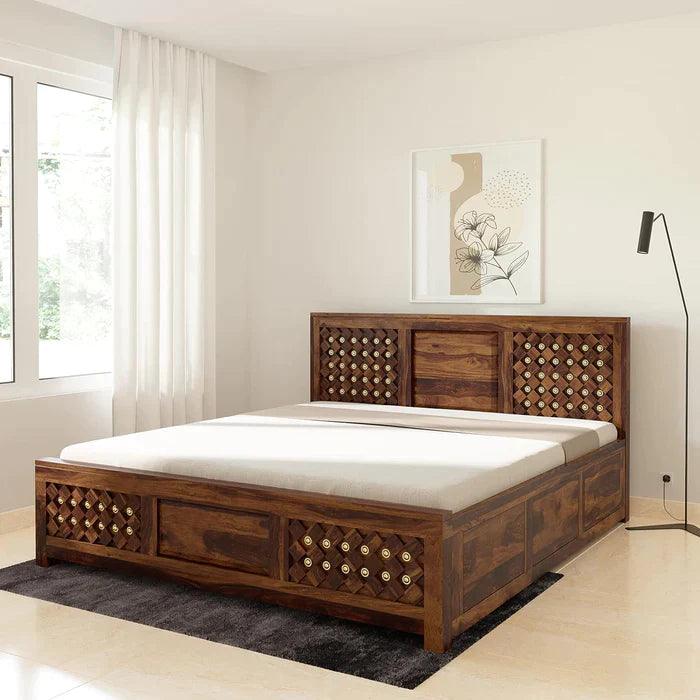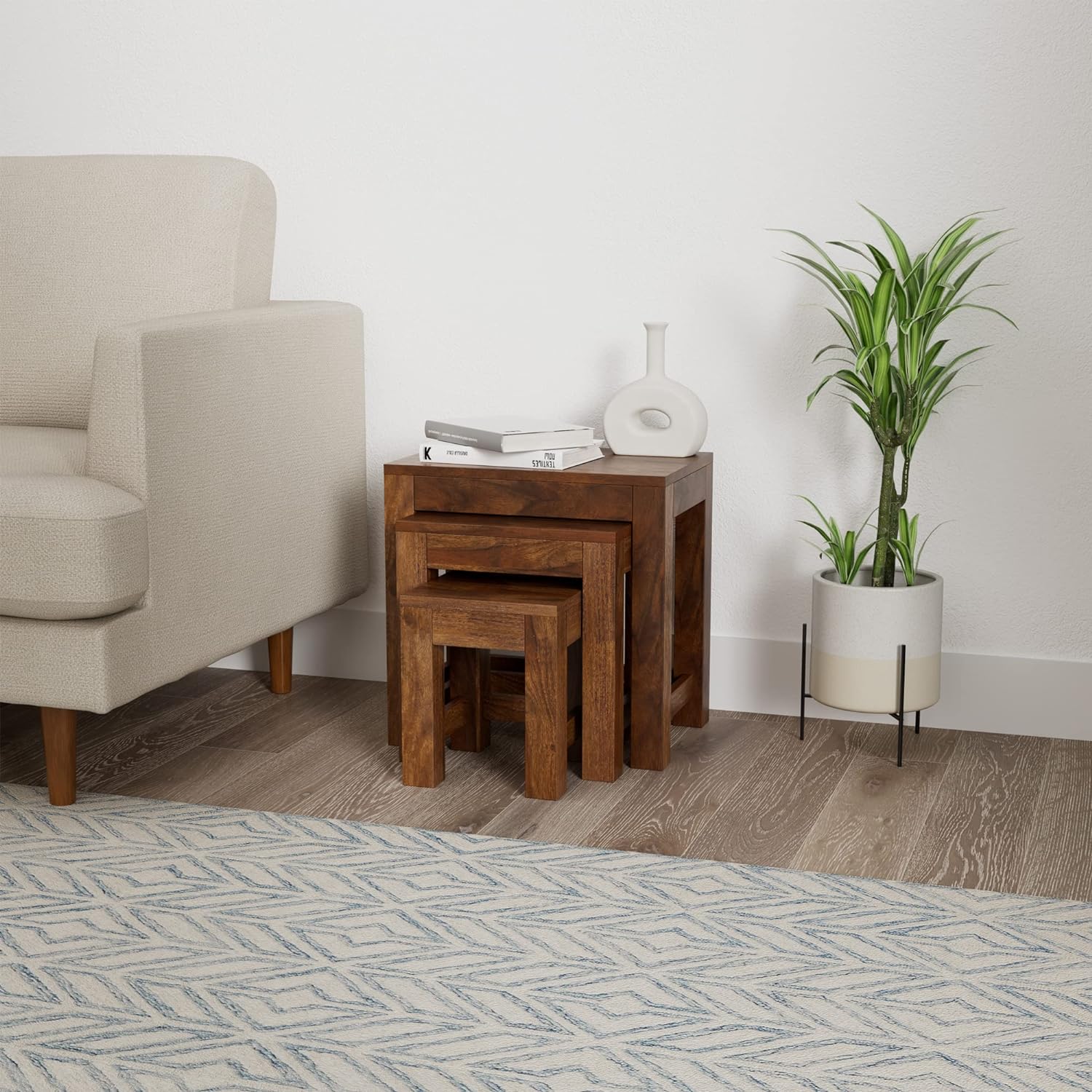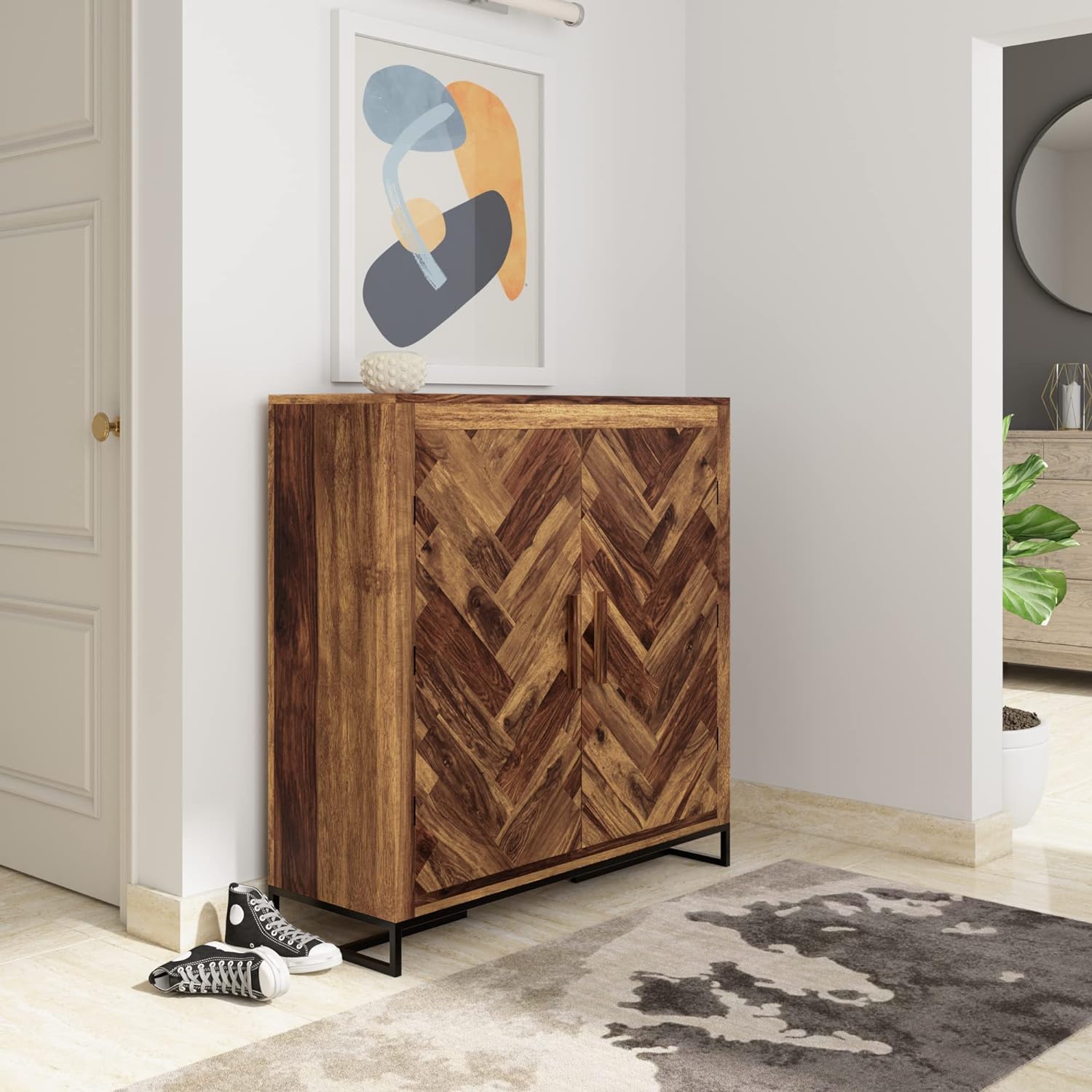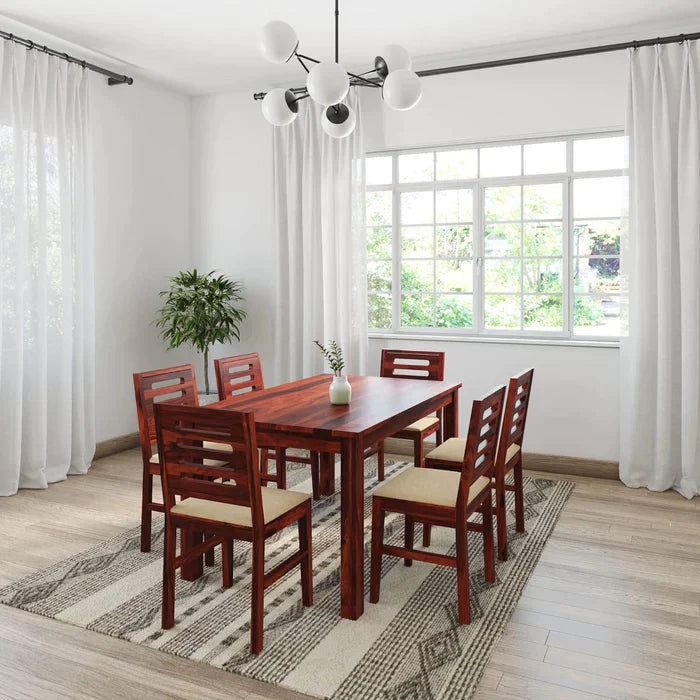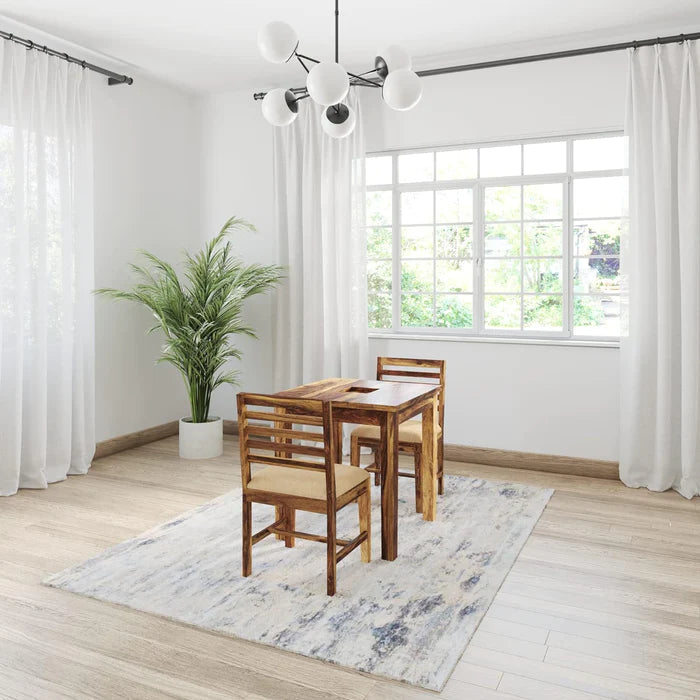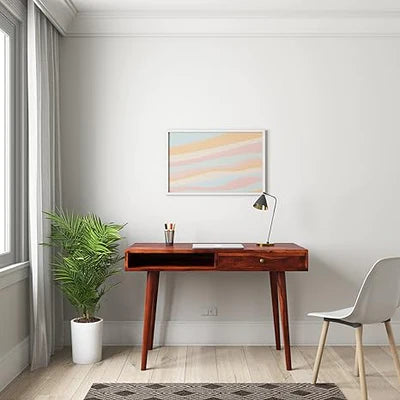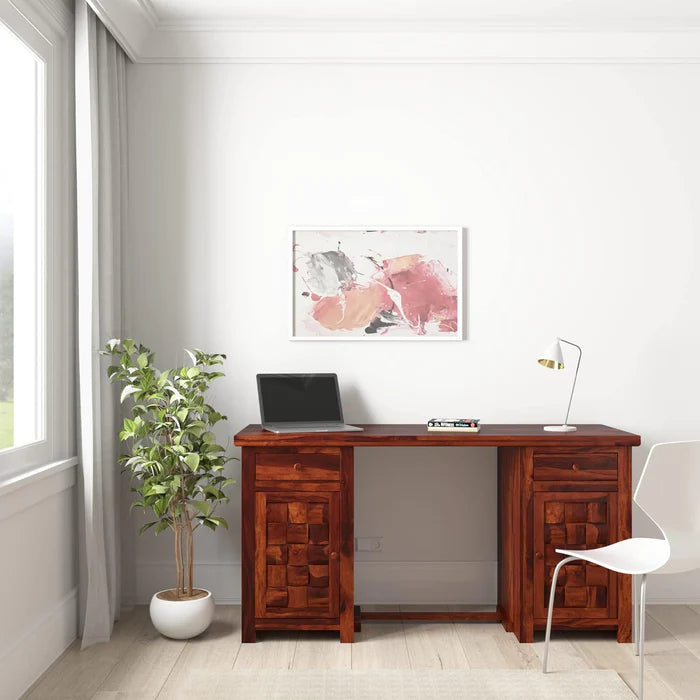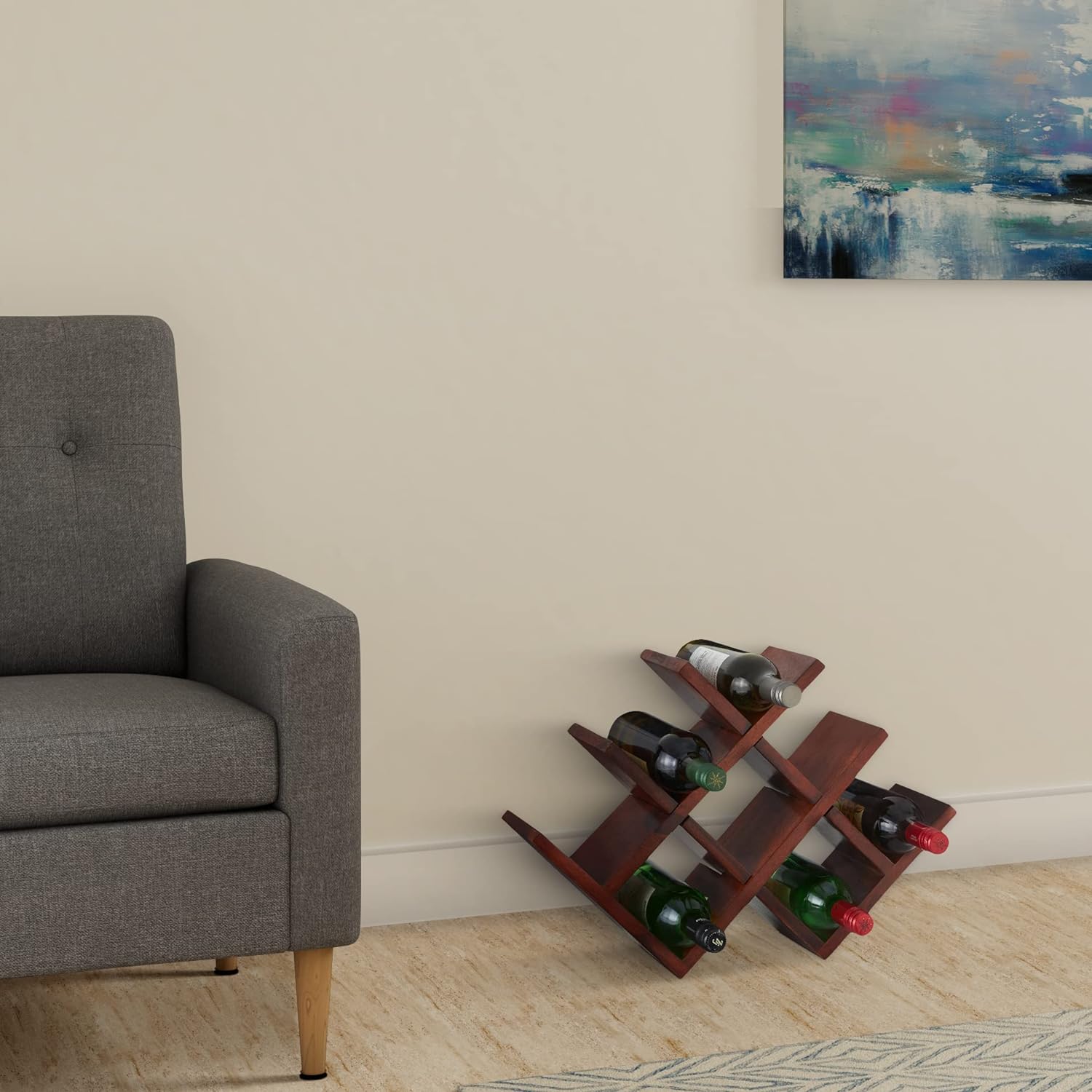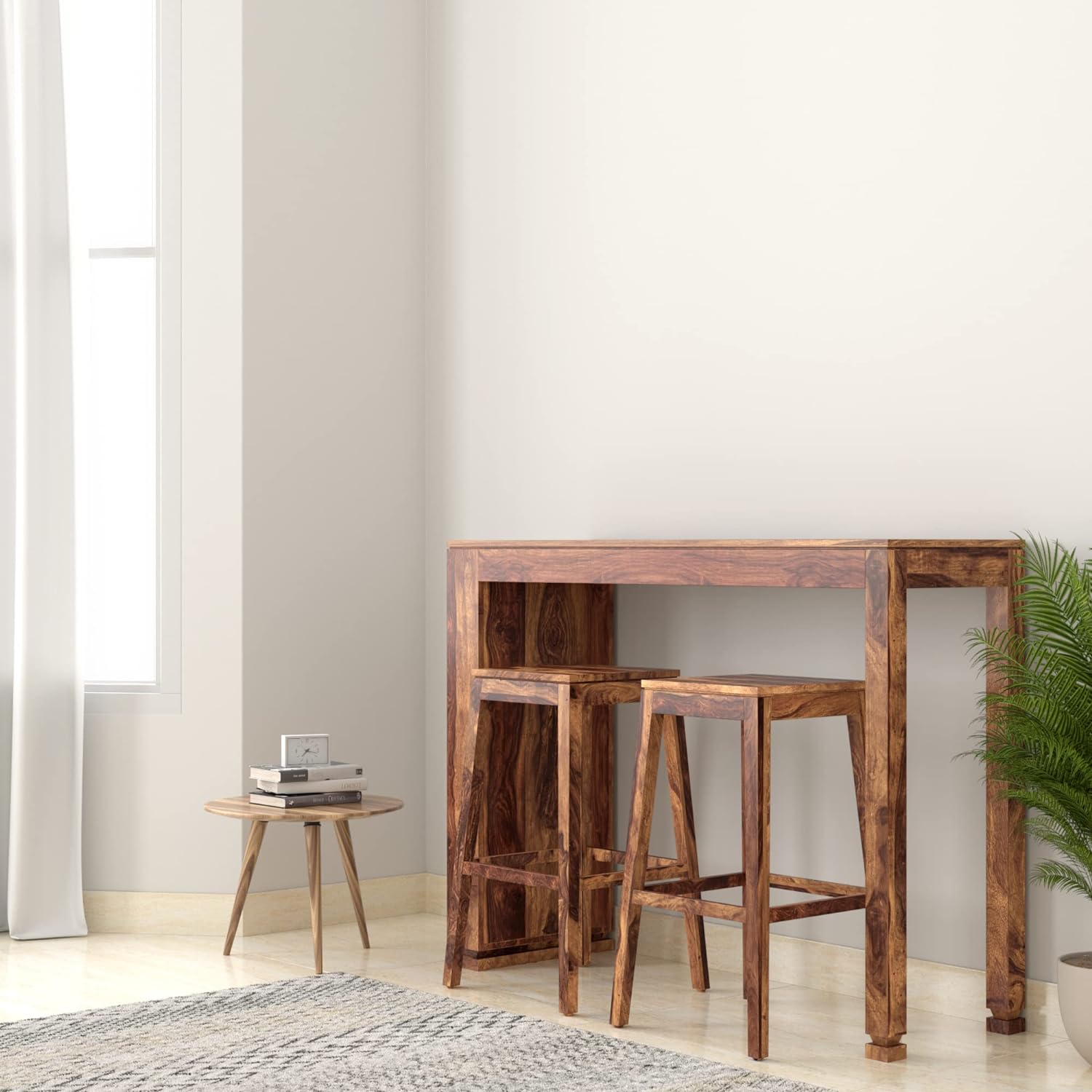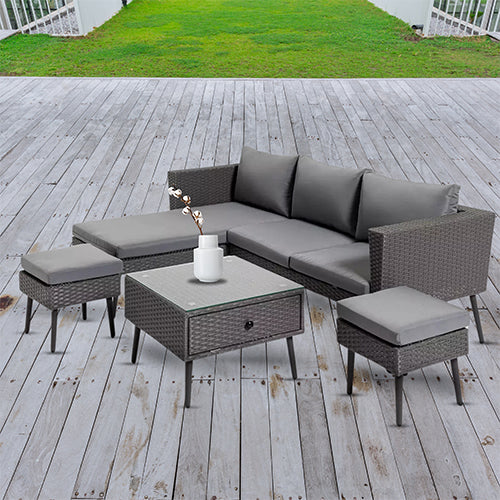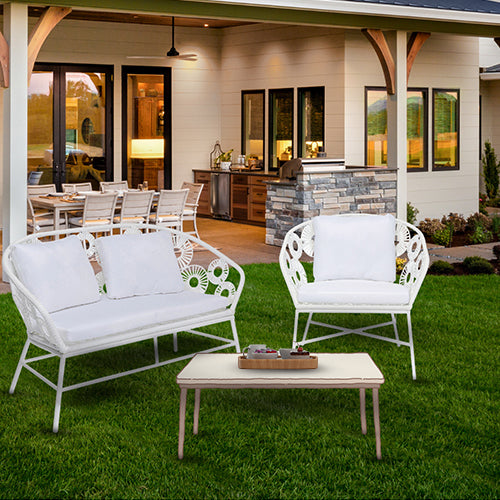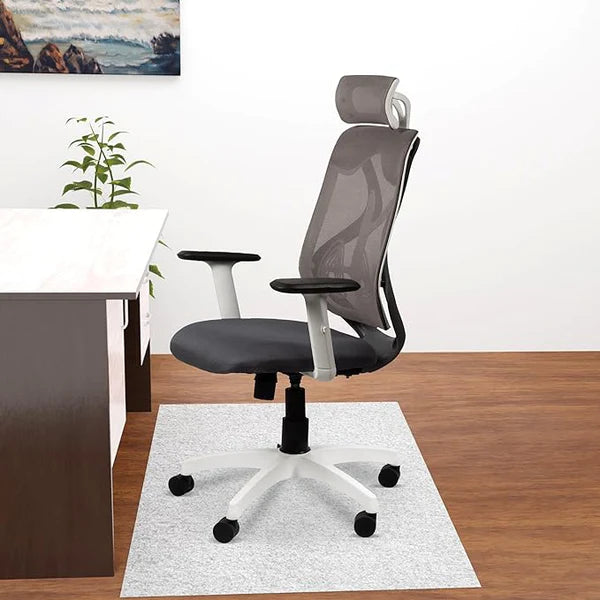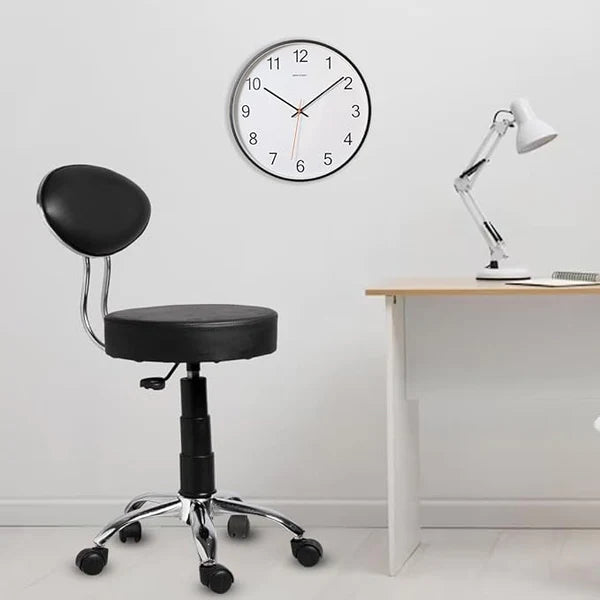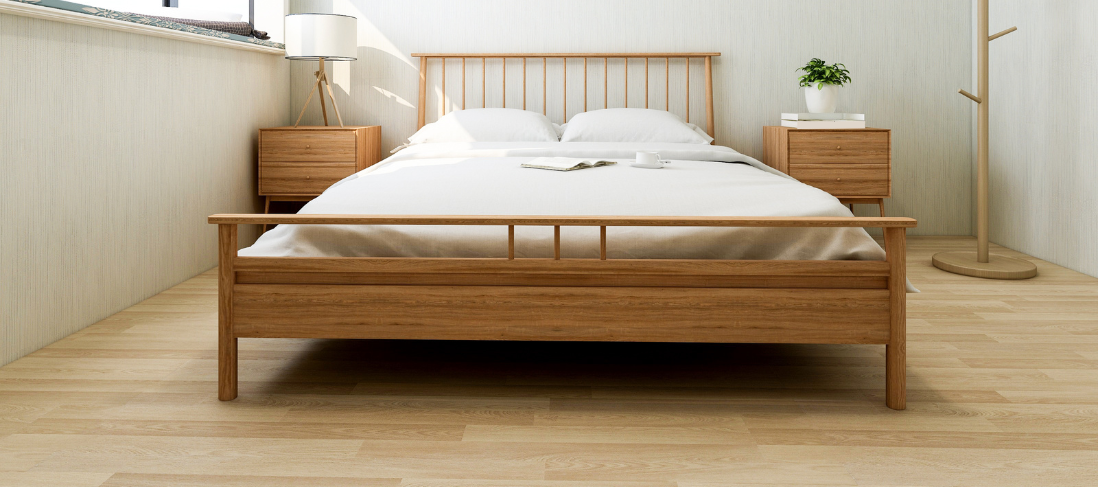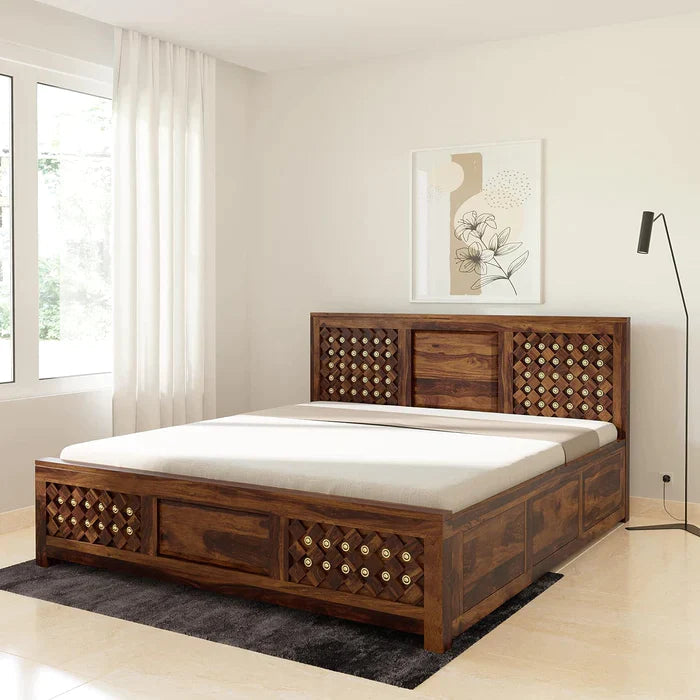The Everlasting Style of Lakdi Ka Bed: A Comprehensive Guide
The Everlasting Style of Lakdi Ka Bed: A Comprehensive Guide
Outline
- Introduction
- Importance of choosing the right bed
- Overview of lakdi ka bed (wooden bed)
- History of Wooden Beds
- Ancient origins
- Evolution through the ages
- Types of Wood Used in Lakdi Ka Bed
- Teak wood
- Sheesham wood
- Mango wood
- Other popular woods
- Designs and Styles of Lakdi Ka Bed
- Traditional designs
- Modern designs
- Rustic designs
- Advantages of Lakdi Ka Bed
- Durability
- Aesthetic appeal
- Environmental benefits
- Disadvantages of Lakdi Ka Bed
- Cost considerations
- Maintenance requirements
- Choosing the Right Lakdi Ka Bed for Your Home
- Assessing your needs
- Matching with room decor
- Budget considerations
- Caring for Your Lakdi Ka Bed
- Cleaning tips
- Preventing damage
- Regular maintenance
- DIY Lakdi Ka Bed Projects
- Simple DIY ideas
- Tools and materials needed
- Step-by-step guide
- Popular Brands and Makers of Lakdi Ka Bed
- High-end brands
- Affordable brands
- Custom makers
- Comparing Lakdi Ka Bed with Other Bed Types
- Metal beds
- Upholstered beds
- Hybrid beds
- Sustainability and Environmental Impact
- Sustainable wood sourcing
- Eco-friendly finishes
- Lakdi Ka Bed in Different Cultures
- Asian influences
- European styles
- African designs
- Customer Reviews and Testimonials
- Real-life experiences
- Common praises and complaints
- Conclusion
- Summary of key points
- Final thoughts
- FAQs
- What is the best type of wood for a lakdi ka bed?
- How do I maintain my wooden bed to ensure longevity?
- Are wooden beds suitable for all types of mattresses?
- What should I consider when buying a second-hand lakdi ka bed?
- Can I customize my lakdi ka bed design?
The Everlasting Style of Lakdi Ka Bed: A Comprehensive Guide
Introduction
Choosing the right bed is crucial for a good night's sleep and overall well-being. Among various options, the lakdi ka bed, or wooden bed, stands out for its timeless elegance and durability. This article delves into everything you need to know about lakdi ka beds, from their history and types to maintenance and environmental impact.
History of Wooden Beds
Wooden beds have been a staple of human living spaces since ancient times. Their origins can be traced back to ancient Egypt, where beds were elevated to avoid dirt and pests. Over centuries, wooden beds evolved, reflecting the cultural and artistic trends of various eras. From the ornate carvings of the Renaissance to the minimalist lines of modern designs, lakdi ka beds have always adapted to changing tastes while retaining their core appeal.
Types of Wood Used in Lakdi Ka Bed
Teak Wood
Teak is renowned for its durability and resistance to decay, making it a premium choice for wooden beds. Its natural oils provide a warm, golden hue that enhances over time.
Sheesham Wood
Also known as Indian Rosewood, Sheesham is prized for its rich grain patterns and robustness. It is commonly used in traditional and contemporary furniture.
Mango Wood
Sustainable and eco-friendly, mango wood is a popular choice for budget-conscious buyers. It offers a unique blend of strength and beauty.
Other Popular Woods
Other woods like mahogany, oak, and pine also feature in lakdi ka bed manufacturing, each offering distinct advantages in terms of aesthetics and durability.
Designs and Styles of Lakdi Ka Bed
Traditional Designs
Traditional lakdi ka beds often feature intricate carvings and ornate details, reflecting the craftsmanship of bygone eras. These beds can serve as statement pieces in a bedroom.
Modern Designs
Modern wooden beds emphasize simplicity and functionality. Clean lines and minimalistic designs make them ideal for contemporary interiors.
Rustic Designs
Rustic beds embrace the natural imperfections of wood, creating a cozy and inviting atmosphere. These designs often highlight the raw beauty of the wood grain.
Advantages of Lakdi Ka Bed
Durability
Wooden beds are known for their longevity. A well-made lakdi ka bed can last for decades, becoming a cherished heirloom.
Aesthetic Appeal
The natural beauty of wood adds warmth and elegance to any bedroom. With various finishes and styles available, there's a lakdi ka bed to suit every taste.
Environmental Benefits
Wood is a renewable resource, and many manufacturers now prioritize sustainable practices. Opting for a lakdi ka bed made from responsibly sourced wood supports eco-friendly choices.
Disadvantages of Lakdi Ka Bed
Cost Considerations
High-quality wooden beds can be expensive, especially those made from premium woods like teak and mahogany.
Maintenance Requirements
Wooden beds require regular care to maintain their appearance and structural integrity. This includes dusting, polishing, and protecting them from excessive moisture.
Choosing the Right Lakdi Ka Bed for Your Home
Assessing Your Needs
Consider the size of your bedroom, the style of your existing furniture, and your storage needs when selecting a lakdi ka bed.
Matching with Room Decor
Choose a wood finish and bed design that complements your room's color scheme and overall aesthetic.
Budget Considerations
Determine your budget beforehand. While it's tempting to splurge on a luxurious bed, there are plenty of affordable options that don't compromise on quality.
Caring for Your Lakdi Ka Bed
Cleaning Tips
Dust your bed regularly and use a damp cloth for a deeper clean. Avoid harsh chemicals that can damage the wood.
Preventing Damage
Use coasters and mats to protect the wood from spills and scratches. Keep the bed away from direct sunlight and extreme temperatures.
Regular Maintenance
Periodic polishing helps maintain the wood's luster. Tighten any loose screws or fittings to ensure the bed remains sturdy.
DIY Lakdi Ka Bed Projects
Simple DIY Ideas
For the DIY enthusiasts, creating a wooden bed can be a rewarding project. Start with simple designs that require basic tools and materials.
Tools and Materials Needed
Basic tools include a saw, drill, measuring tape, and sandpaper. Choose quality wood and other materials to ensure durability.
Step-by-Step Guide
- Plan Your Design: Sketch your bed design and take precise measurements.
- Cut the Wood: Cut the wood according to your design specifications.
- Assemble the Frame: Use screws and wood glue to assemble the bed frame.
- Finishing Touches: Sand the edges smooth and apply a wood finish or paint as desired.
Popular Brands and Makers of Lakdi Ka Bed
High-End Brands
Brands like IKEA and Pottery Barn offer a range of high-quality wooden beds with modern and traditional designs.
Affordable Brands
For budget-friendly options, brands like Urban Ladder and Pepperfry provide stylish and durable beds without breaking the bank.
Custom Makers
Consider local carpenters and custom furniture makers for personalized designs that cater to your specific needs and preferences.
Comparing Lakdi Ka Bed with Other Bed Types
Metal Beds
Metal beds are often more affordable and easier to maintain but lack the warmth and aesthetic appeal of wooden beds.
Upholstered Beds
Upholstered beds offer comfort and style, with various fabric options available. However, they require more upkeep to keep the fabric clean and intact.
Hybrid Beds
Hybrid beds combine wood with other materials like metal or upholstery, offering a blend of durability and style.
Sustainability and Environmental Impact
Sustainable Wood Sourcing
Opt for beds made from certified sustainable wood to minimize environmental impact. Look for certifications like FSC (Forest Stewardship Council).
Eco-Friendly Finishes
Choose beds with non-toxic finishes and adhesives to ensure a healthy living environment.
Lakdi Ka Bed in Different Cultures
Asian Influences
Asian designs often feature low-profile beds with intricate carvings and natural finishes, reflecting a minimalist yet elegant aesthetic.
European Styles
European wooden beds are known for their craftsmanship and timeless appeal, often featuring ornate details and high-quality wood.
African Designs
African wooden beds incorporate bold patterns and rich textures, celebrating the natural beauty of the wood.
Customer Reviews and Testimonials
Real-Life Experiences
Customers often praise the durability and beauty of lakdi ka beds. Many appreciate the unique grain patterns and the sense of warmth they bring to a room.
Common Praises and Complaints
While the aesthetic appeal and longevity of wooden beds are commonly praised, some customers note the higher cost and maintenance requirements as potential downsides.
Conclusion
Lakdi ka beds offer a perfect blend of durability, elegance, and comfort. Whether you prefer traditional, modern, or rustic designs, there's a wooden bed to suit every taste and budget. By choosing a lakdi ka bed, you invest in a piece of furniture that can last a lifetime, adding timeless charm

